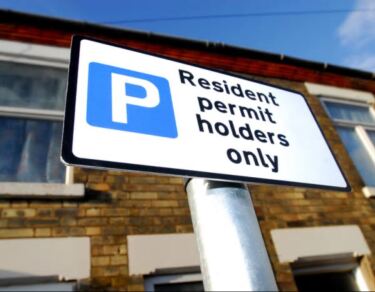Can S106 be used to restrict residents' parking permits?

The Court of Appeal has agreed with a High Court judgement* that S106 of the T&C Planning Act 1990 cannot be used to preclude residents of new developments from applying for parking permits. They ruled that this was not a planning obligation under the Act, as Section 106 is concerned with “the land” in which a person has a legal interest.
In most cases the developer only has a legal interest in the land or building in which the development would be created, not the highway in relation to which the parking permit obligation relates. This form of S106 clause seeks to prevent the use of the highway for parking rather than restrict the use of a flat or the building. The CoA ruled that as applying for a parking permit was not a use of the building it could not be dealt with through a Section 106 agreement.
Despite the above, the restriction may be made under Section 16 of the GLCGPA 1974 which requires the agreement to be made “in connection with the land”. This does not have to regulate the use of the land itself. The CoA concluded there was therefore a sufficient connection between the obligation under this Act and the development.
The implication of this case is that local authorities in Greater London may continue to have the ability to impose parking permit obligations, but local authorities outside of Greater London will be left without that power.
Further details and commentary can be found at http://www.elexica.com/en/legal-topics
*R (Khodari) v Royal Borough of Kensington and Chelsea Council and another [2017] EWCA Civ 333 (Khodari)